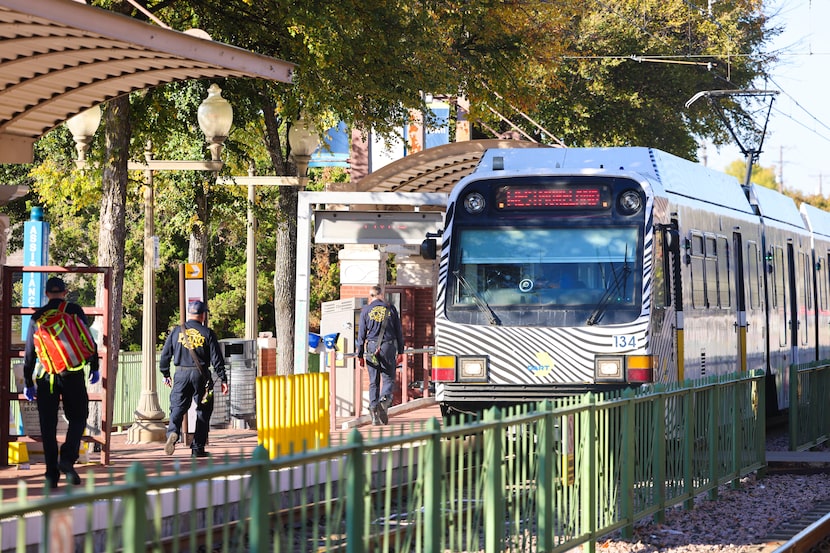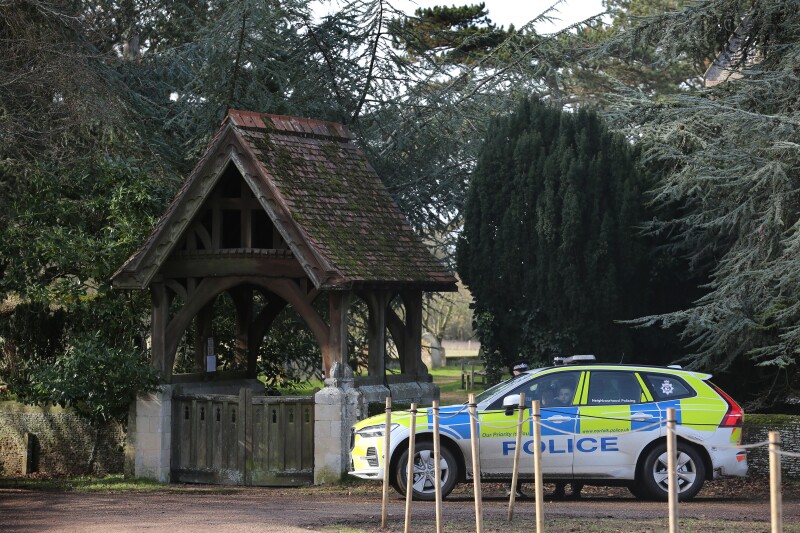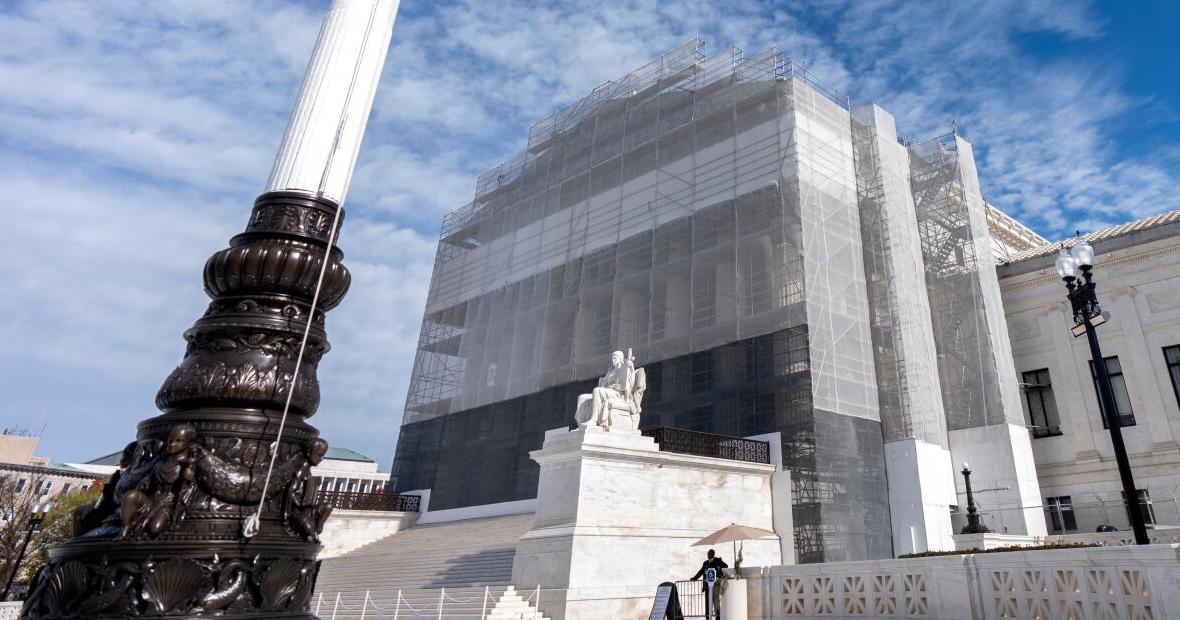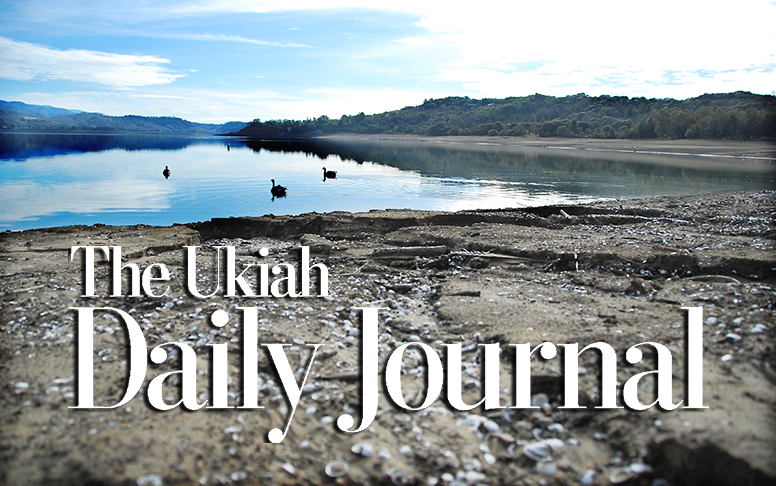Recent discussions surrounding the future of the Dallas Area Rapid Transit (DART) system have ignited strong opinions among residents and local leaders. With several cities contemplating withdrawal due to dissatisfaction with the service, experts warn that such actions could destabilize the entire transit framework in the Dallas-Fort Worth region.
The situation escalated following a front-page article on November 9 highlighting potential funding cuts if sales taxes fail to pass. Critics argue that DART, which operates as a collective of various cities, struggles to meet the needs of all its members. For instance, some cities claim they contribute more in taxes than they receive in services, leading to calls for a reassessment of the regional transit model.
Concerns Over Service and Funding
Ronald Briggs from Richardson emphasized the need for a cohesive approach to transit, stating, “Virtually every world-class city has an extensive regional transit system.” He highlighted that transportation should be viewed as a collective responsibility, wherein all regions contribute to a unified system. The fear is that cities pulling out could lead to further fragmentation and inefficiencies in the already challenged system.
In Farmers Branch, city officials are moving towards a May election to potentially sever ties with DART. David Alan Jones raised concerns about the lack of transparency regarding ridership data from DART, stating that residents deserve accurate information to make informed decisions. He pointed out that citizens would continue to pay the sales tax to DART until 2036, even if they opt to withdraw. “How effectively has that fact been communicated to voters?” he questioned.
Jones also lamented the communication breakdown between DART and its member cities, referencing the iconic line from the movie *Cool Hand Luke*: “What we’ve got here is failure to communicate.” This sentiment resonates with others who feel that a piecemeal approach will not adequately address the transit issues facing the region.
Calls for Regional Cooperation
Concerns about the current structure of DART were echoed by Bill Pritchard from Farmers Branch, who noted that low ridership figures—where fares cover only about 6% of operating costs—pose significant challenges. He suggested that the DART management must recognize the operational inefficiencies and implement plans to reduce costs while improving ridership. A proposed 3% reduction in costs for 2026, he argued, is insufficient. “Perhaps a reduction of 25% would keep everyone in the system,” he proposed.
In contrast, some residents, like Dale Strimple of Plano, expressed their disappointment with the service, emphasizing the need for safety improvements to enhance public perception. Strimple recounted personal experiences where unruly behavior among passengers deterred him from using the system again. “If DART is ever going to be successful in cities like Plano, people are going to have to feel safe,” he stated.
The recent opening of the Silver Line on October 24, 2023, was a significant milestone, yet it also highlighted existing tensions. Tyler Wright from Addison criticized the absence of Plano leaders at the event, calling it “petty” and “in poor taste” considering the investment of $2.1 billion into the project.
Dwight Rogers from Corsicana encapsulated the broader sentiment by advocating for the expansion of DART rather than its dissolution. He expressed frustration with the traffic challenges in the Dallas area and emphasized the importance of public transportation for those who rely on it for work. “To destroy DART is to make it worse,” he asserted.
As the Dallas-Fort Worth region grapples with its transit future, the discussions surrounding DART will be crucial in determining the trajectory of regional transportation. The voices of residents and city officials alike highlight the urgent need for collaboration and effective communication to ensure a reliable transit system that serves everyone.







